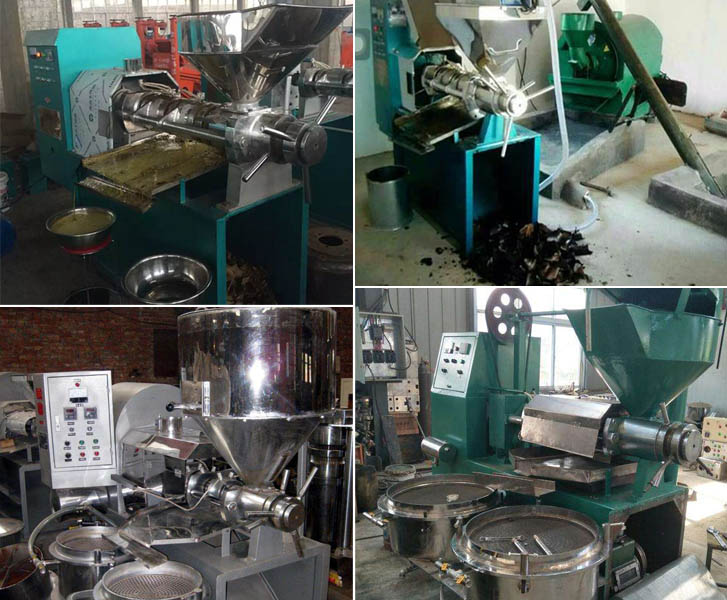Factors Affecting the Price of Oil Press Machines
The increasing availability of small oil mills in the market has led to a surge in the demand for oil presses. However, the prices of these presses vary greatly, with some being exorbitantly priced while others are relatively affordable. The discrepancy in pricing for what appears to be the same equipment raises the question of what factors influence the cost of oil presses. Factors such as the quality of materials used, the manufacturing process, and the level of technology employed may all contribute to the price differences observed in the market. It is therefore important for buyers to carefully consider these factors before making a purchase, to ensure that they get the best value for their money.

What factors affect the price of oil press?
1, Raw Materials
One of the primary factors influencing the price of oil press machines is the cost of raw materials, especially steel. Steel is the main material used in manufacturing oil presses, and fluctuations in domestic steel prices directly impact the overall cost of production. If the cost of steel rises, the price of oil presses is likely to increase as well. To maintain quality standards, reputable manufacturers will not compromise on materials, making it imperative for buyers to understand the connection between raw material costs and equipment prices.
2, Attributes of the Oil Press
The size and production parameters of an oil press also play a significant role in determining its price. Different models and specifications cater to varying needs and applications. It is crucial for buyers to assess their specific requirements before making a purchase to avoid unnecessary expenses. Investing in a larger and more advanced oil press may lead to increased costs, which might not be justified by the intended use. On the other hand, opting for an undersized machine could hamper productivity and efficiency.
3, Technology and Process
The technological sophistication and craftsmanship of an oil press heavily influence its price. Advanced features and higher technical complexity result in more expensive equipment. Technologically advanced oil presses often offer improved performance, higher yields, and enhanced user experience. Buyers should consider their production needs and budget constraints to strike the right balance between technology and cost. Evaluating the technical parameters of various models and styles will aid in selecting the most suitable oil press for the intended purpose.
4, Supply Chain Factors
Apart from the inherent features of the oil press, external supply chain factors can impact its price as well. How and where the equipment is purchased can affect the final cost for the consumer. When buying from a dealer, there might be a markup added to the original price set by the manufacturer. This is done to cover the dealer’s expenses and earn a profit. Conversely, purchasing directly from the oil press manufacturer may result in a more competitive price since there are no intermediaries involved.
To obtain an oil press with both high quality and a competitive price, it is recommended to opt for reputable manufacturers that provide transparency in their pricing and offer technical support. By considering these factors, consumers can make informed choices and invest in oil presses that deliver efficient, cost-effective, and reliable performance for their oil extraction needs.

